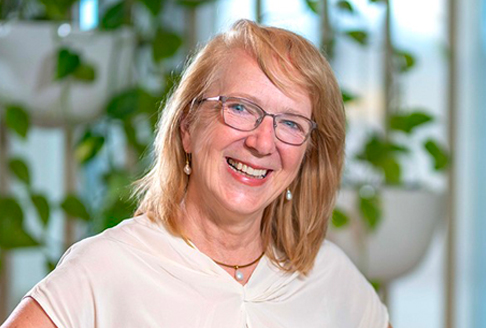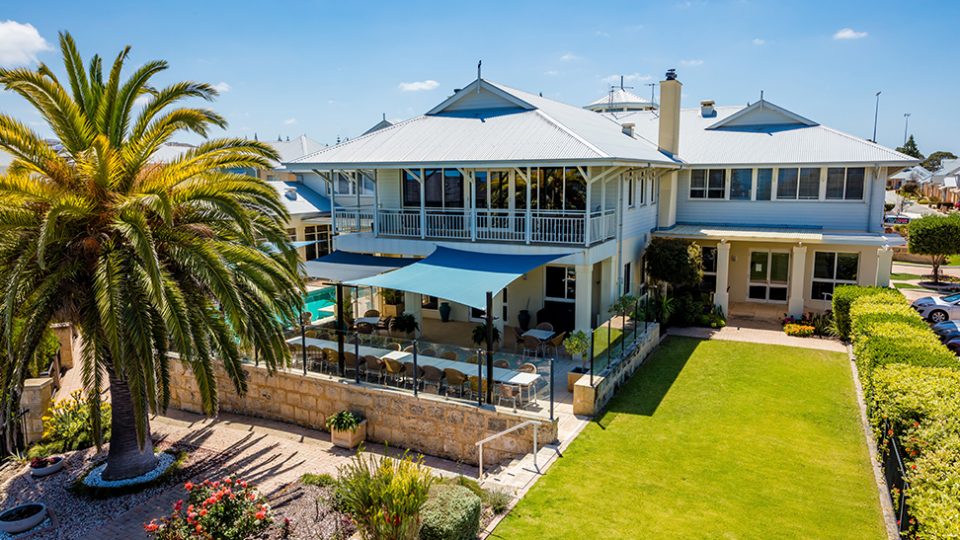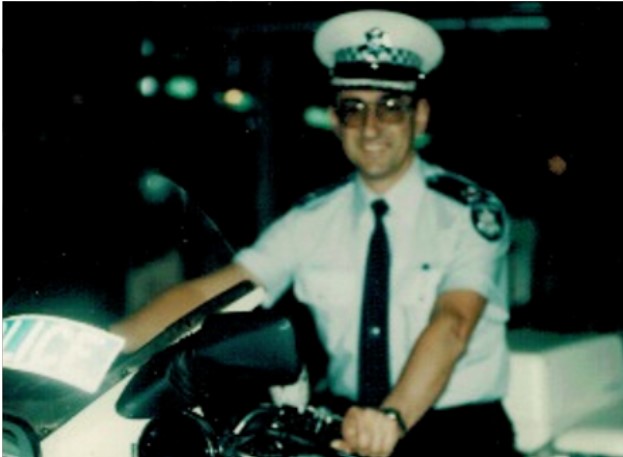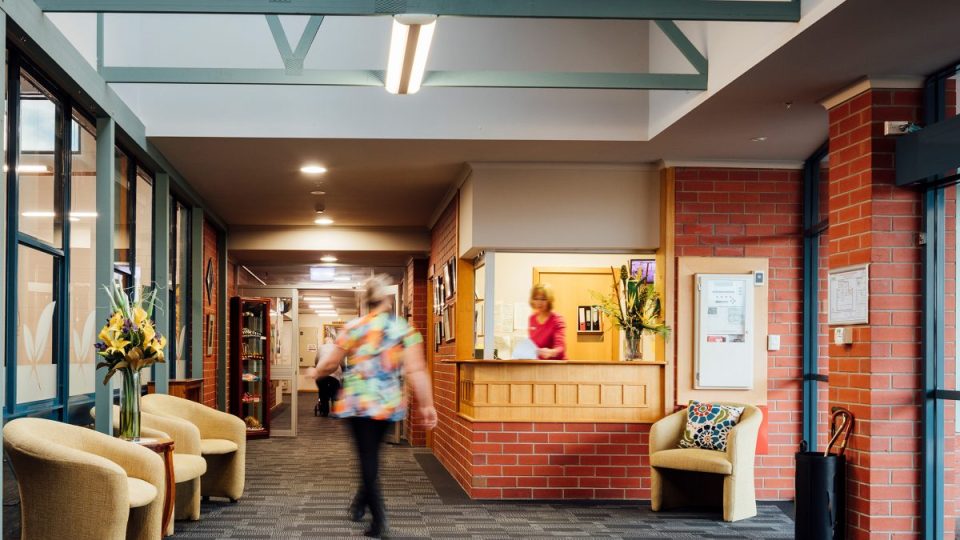Geraldine Lannon, Baptcare's CEO, elected Deputy Chairperson of ACCPA
- 16 Feb 2024

We are delighted to announce the appointment of our Chief Executive Officer, Geraldine Lannon, as the Deputy Chairperson of the Aged and Community Care Providers Association (ACCPA).
ACCPA sent out the following announcement to its members informing them of Geraldine’s appointment:
Election of ACCPA Deputy Chairperson: Geraldine Lannon
We are delighted to announce the appointment of Geraldine Lannon as the Deputy Chairperson of ACCPA, as elected by directors at the ACCPA Board meeting on 13 February 2024. Geraldine is the Chief Executive Officer of ACCPA member, Baptcare.
Geraldine brings to the role strong industry knowledge, with extensive strategic leadership experience in aged care, public health and community services, along with very strong board governance experience and qualifications.
In her time on ACCPA’s Board, Geraldine has demonstrated a strong commitment to the work of ACCPA in supporting its members and the age care industry.
Geraldine’s appointment as Deputy Chairperson follows the departure of Cherylee Treloar from the Board at ACCPA’s Annual General Meeting in November 2023.
As part of her new role, Geraldine will chair the sub-committee tasked with the recruitment of a new independent chairperson for ACCPA, who will take up their role when our inaugural chairperson, Dr Graeme Blackman AO, completes his term in November. This process will begin in the next few months and we will provide further updates as it progresses.
Community news
-

BaptistCare to acquire Keyton’s Western Australian retirement village portfolio
BaptistCare is pleased to announce that we have entered into an agreement to acquire Keyton’s portfolio of retirement villages in WA.
- 13 Nov 2025
-

Spotlight on Residents: Reg Baker
At Baptcare, we are always delighted to learn more about our residents’ lives. They are often filled with excitement, joy, and adventure, and it truly reminds us how rich a person’s life is—and continues to be—when they join one of our residential aged care communities. Today, we are honoured to share the remarkable story of one of our residents, Reg Baker, who lives at Baptcare Peninsula View Residential Aged Care community.
- 10 Nov 2025
-

Staff spotlight | Leonie Irvine – 35 years of service in aged care
Leonie is one of our dedicated Lifestyle Assistants at Karingal Residential Aged Care community in Devonport, Tasmania. She recently celebrated an incredible milestone - 35 years of continuous service at Baptcare. In a sector where long-term service is increasingly rare, Leonie’s 35-year journey stands out as something truly special.
- 10 Nov 2025
